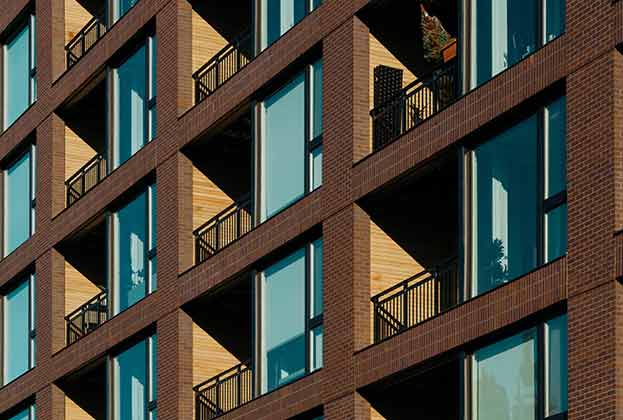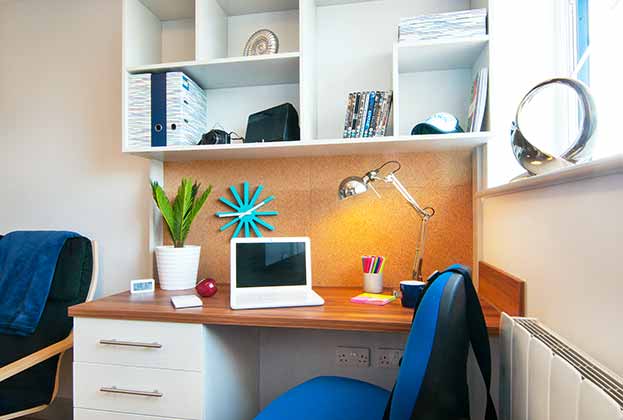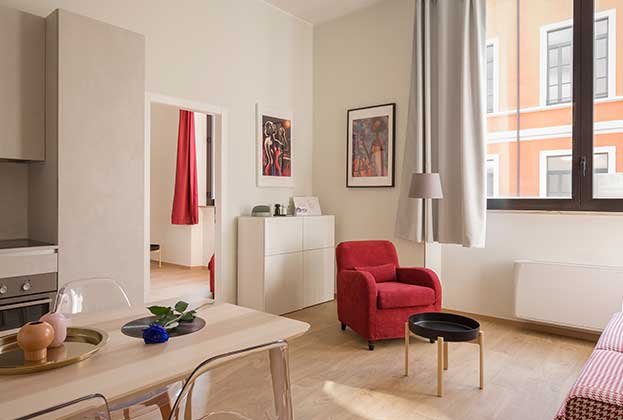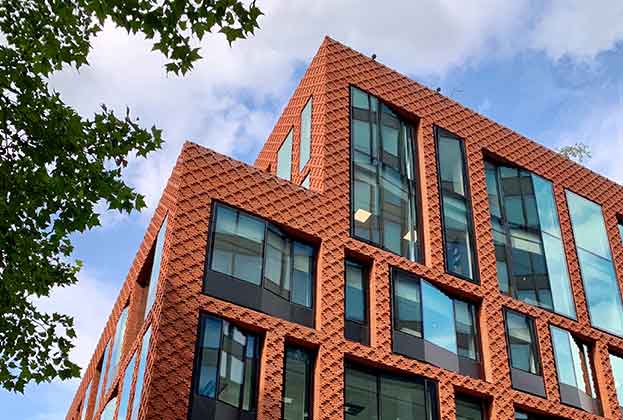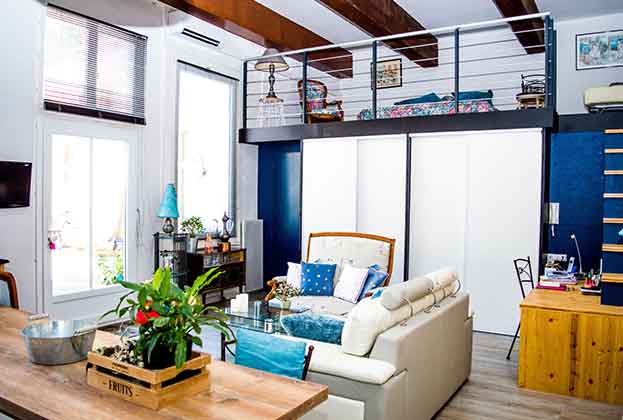We surveyed 50 operational residential investors to understand their emerging environmental strategy responses. ESG and sustainable investment are high priorities for the vast majority of investors in the sector
Tackling climate change and making a positive change for society have moved up the global agenda across all industries, particularly in the last couple of years. Within the investment community, the rise in ESG (environmental, social and governance) investment has been well documented. This is particularly important in real estate as the built environment is responsible for almost 40% of carbon emissions globally.
To understand the situation in the residential investment sector, Savills conducted a survey of clients. Our findings show that an ESG corporate strategy is 'very important' to two-thirds of respondents, which is a marked increase over the past five years. Company ESG strategy has become more important or significantly more important in the last five years for 81% of survey respondents.
It is clear that the real estate environment is already adapting to the ‘new normal’
Savills Research
Over the last year, just 10% of respondents said that their company ESG strategy has stayed the same or become less important, despite the global pandemic, which had the potential to derail the progress made. Instead, it appears to have had the opposite impact and strengthened the majority of companies commitments.
The increasing importance of environmental strategy is demonstrated by over 40% of respondents indicating that their companies have committed to a net-zero objective. However, of those that have made the commitment, two thirds stated that their company target is for ‘operationally net-zero’, as opposed to ‘full lifecycle net zero’ or a science-based carbon target.
Build a better building
Increasingly, buildings are being designed, constructed or refurbished to a certified sustainability standard and 80% of survey respondents indicated that at least one building in their portfolio met such a standard. An even higher proportion, nearly 90%, plan to do so in the future. There is a lower proportion of schemes being managed or operated to certified sustainability standards, with 58% of respondents indicating that buildings in their portfolio are being operated to such standards.
Better, more sustainable buildings, can offer different features to boost their green and social cohesion credentials. These elements often have the added bonus of boosting user experience and lowering costs in the long term.
The green premium
There is much debate about whether a green premium can be achieved by a more sustainable building and the responses from our survey were split. Respondents stating they expect to be able to charge a ‘green premium’ accounted for 44%. However, the degree of premium they are expecting is moderate, as 87% of respondents expect to charge a premium of 10% or less.
Demand for sustainable buildings is rising on all fronts. The survey indicates that the largest source of demand for green buildings is coming from investors, followed by demand from within their own company. Respondents indicated that this increased demand comes from a drive for sustainability certifications, a need to reduce resources used in operations and development, and increased corporate commitments to sustainability.
Continuing Covid-19 changes
The coronavirus pandemic has affected nearly all aspects of everyday life for building occupiers, managers, developers, and investors. As such, changes have had to be made. From 83% of respondents stating that they have increased their cleaning regimes, to 46% of respondents who introduced contactless design and technology into their spaces, it is clear that the real estate environment is already adapting to the 'new normal' – and will continue to do so going forward.
A brighter, greener future
The green revolution and an increased emphasis on creating a better society are here to stay for the long term. The pandemic has proven that the public, industry, and governments are capable of instituting seismic changes when confronted with pressing needs. As humanity has adapted to and faced the realities of Covid-19, so too must we continue to change how we live and work – in order to incorporate sustainability into everyday life.
About the survey:
Savills Research surveyed approximately 50 people from investment, operations, and development across all operational residential investment classes.
Respondents operated in 20 countries: Albania, Australia, Austria, Czech Republic, Denmark, France, Germany, Ireland, Italy, Moldova, Netherlands, Poland, Portugal, San Marino, Spain, Sweden, Uganda, Ukraine, United Kingdom, and United States, though many respondents had continental or global remits.
Read the articles within Report: Global Living – 2020 below.
.jpg)
